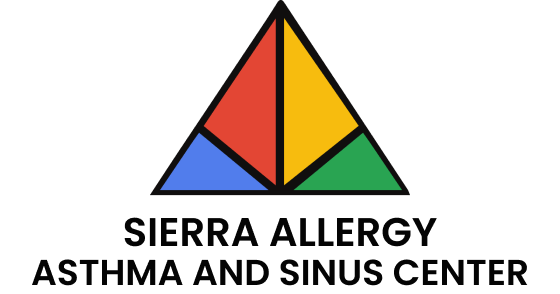
Grass allergy testing & treatment in Fresno and Merced
What is grass allergy?
Grass allergy is a type of seasonal allergic rhinitis (hay fever) caused by inhaling airborne grass pollen during late spring to early summer. It leads to immune responses like hay fever, allergic conjunctivitis, asthma flare-ups, or even skin rashes. Sierra Allergy, Asthma & Sinus Center experts understand how disruptive it can be. That’s why we offer comprehensive diagnosis and evidence-based treatments to help you find relief and get back to living your life comfortably.
Bermuda
Timothy
Rye
Kentucky bluegrass
Orchard
Sweet vernal
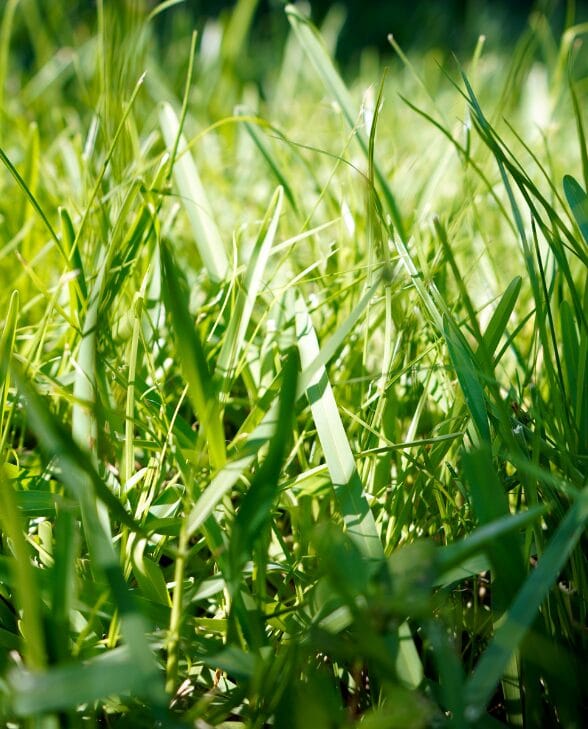
Bermuda
Timothy
Rye
Kentucky bluegrass
Orchard
Sweet vernal
Sneezing, runny or congested nose
Itchy or watery eyes, throat, mouth, or skin
Headache, sinus pressure, fatigue
Coughing, wheezing, shortness of breath
Rarely skin hives or eczema

Sneezing, runny or congested nose
Itchy or watery eyes, throat, mouth, or skin
Headache, sinus pressure, fatigue
Coughing, wheezing, shortness of breath
Rarely skin hives or eczema
- Skin-prick testing: Quick, safe, in-office testing for multiple grass allergens.
- Blood (IgE) testing: For those who can’t undergo skin tests.
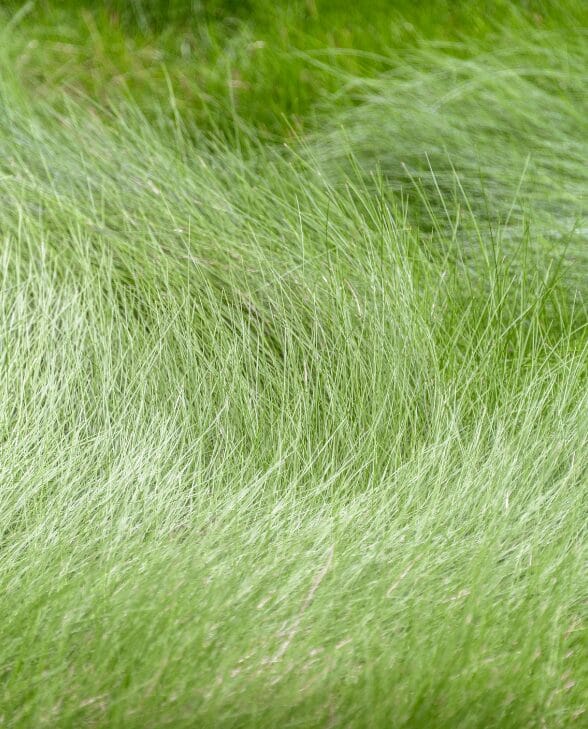
Our experts diagnose grass allergy through:
- Skin-prick testing: Quick, safe, in-office testing for multiple grass allergens.
- Blood (IgE) testing: For those who can’t undergo skin tests.
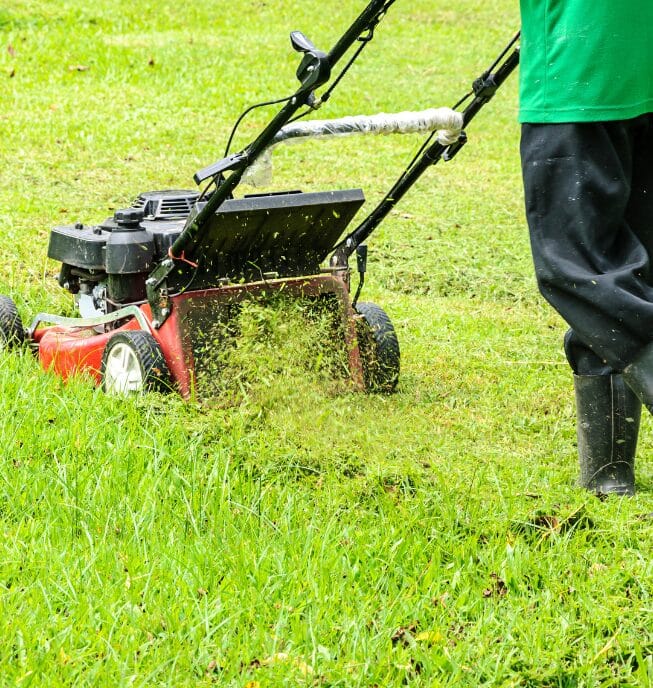
Treatment approach for grass allergies
Environmental & Lifestyle Measures
- Monitor pollen counts & avoid peak times (typically 10 am–5 pm).
- Keep windows closed; use HEPA filters.
- Shower & change clothes after outdoor exposure.
- Mow lawns only when pollen is low, or wear protective gear.
Medications
- Over-the-counter antihistamines (cetirizine, loratadine) and nasal corticosteroids (fluticasone).
- Prescription options: stronger antihistamines, eye drops, decongestants, or a short course of oral steroids for severe cases.
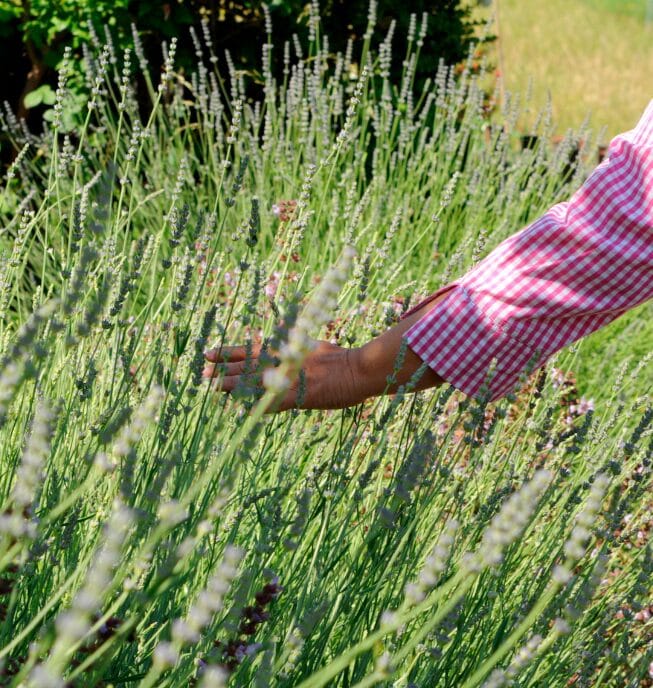
Nasal saline rinses
They help flush out pollen and other irritants from the nasal lining, providing relief from congestion and discomfort. Because they are safe, gentle, and non-medicated, they can often be used daily and are considered an effective option for soothing sensitive nasal passages.
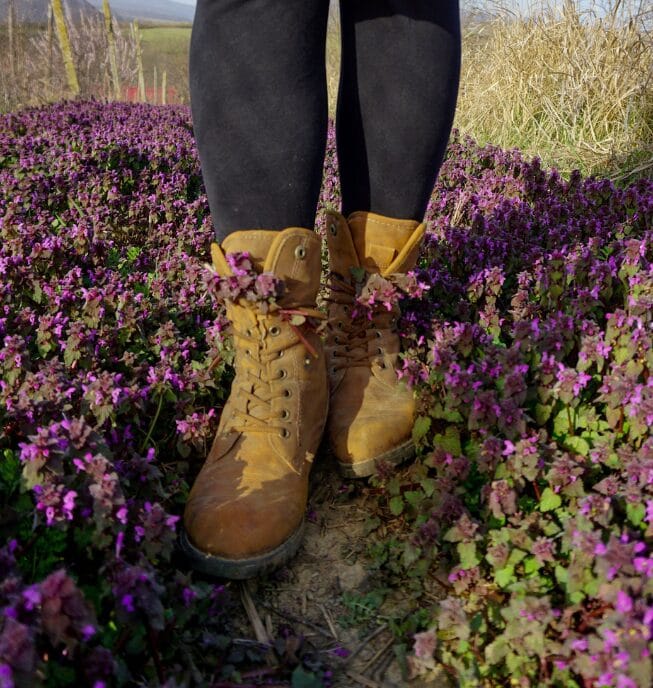

Long-term relief with immunotherapy
- Allergy shots (SCIT): Gradually desensitize via injections over ~3 years. Benefits often last post-treatment.
- Sublingual immunotherapy (SLIT): Daily dissolvable grass-pollen tablet taken at home; safer and well-tolerated.
Frequently Asked Questions
Can grass allergy cause asthma?
Yes. Grass pollen can worsen asthma symptoms and trigger wheezing, coughing, or shortness of breath in sensitive individuals.
When is grass pollen season in Fresno and Merced?
Grass pollen is most active from April to July, depending on the type of grass and weather patterns.
Are grass allergies lifelong?
Some people outgrow them, but many experience seasonal symptoms yearly. Treatments like immunotherapy can help reduce long-term sensitivity.
How do I know if I have a grass allergy or just a cold?
Unlike a cold, grass allergy symptoms persist and recur around the same time each year. Testing can confirm the cause.
